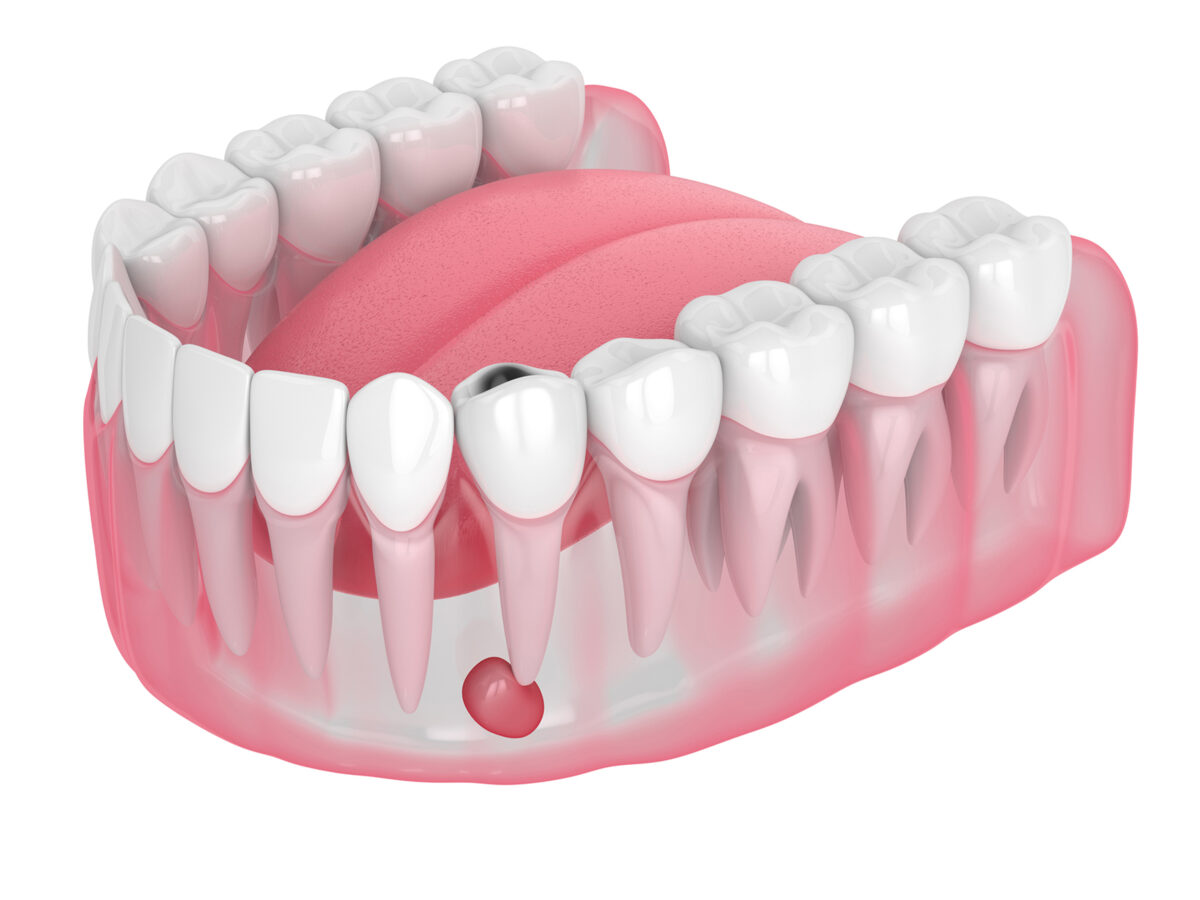Blog
Dental hygiene tips for healthy teeth & gums

How Long Do Tooth Abscesses Last?
A tooth abscess, or dental abscess, is a pus-filled pocket caused by a bacterial infection that reaches the pulp within the tooth. Interestingly, tooth abscesses act as the body’s natural defense, attempting to block the infection from spreading further into the dental pulp. However, this buildup of pus can lead to intense pain and a throbbing toothache.
Immediate Tooth Abscess Treatment by a dentist is essential once an abscess is identified. Staying proactive about dental health is also key to preventing painful issues like dental abscesses. It’s important to note that if left untreated, a tooth abscess can persist for months or even years, posing a high risk of tooth loss. Over time, an untreated abscess can shift from a painful acute phase to a chronic state, resulting in lasting damage to the surrounding tissues.
Symptoms of a Dental Abscess
Identifying a dental abscess early is crucial for effective treatment. Common symptoms include:
- Facial swelling
- Swollen gums
- Redness over the affected gum
- Bleeding gums
- Fever
- Persistent toothache
- Loss of appetite
- Sudden release of foul-tasting liquid in the mouth
If you have any of the above signs, you should visit your dentist for Tooth Abscess Treatment immediately. Dental abscesses are more likely to be found in people with dental caries, a cracked or broken tooth, or periodontal disease. The best ways to avoid getting dental abscesses include; avoiding sweets, using toothpaste and drinking water that contains fluoride, and practicing good oral hygiene by brushing our teeth regularly.
An untreated tooth abscess may last for several months to years, but with proper treatment, the infection will be treated and cleared.
How Tooth Abscess Treatment Works and Why Timely Care is
Essential
Tooth abscesses should be treated as early as possible to avoid an infection reaching other parts of the mouth and the body generally. Dental abscess without any treatment not only creates severe pain but also many health risks. Broadly, Tooth Abscess Treatment is of two types, the first aims at treating the infection, and the second is aimed at preserving the tooth in question.
Steps in Tooth Abscess Treatment
The treatment plan for a dental abscess usually involves multiple steps to fully address the infection:
- Drainage of the Abscess: The dentist will very often first of all start by draining the abscess in order to diminish the amount of pus accumulated. It lets the infection be cleared faster and hence the healing process to occur much faster.
- Root Canal Therapy: Quite often, to resolve the inflammation, the infected pulp in the tooth is eliminated through a root canal procedure. The dentist then can save the tooth by cleaning and sealing the pulp chamber to avoid reinfection down the road. This procedure is very effective for treating teeth abscesses, durable, and above all, preserves the dental tissue.
- Tooth Extraction: Should the infection be severe or the structure of the teeth weak, then the only option would be extraction. In the second case, an adjacent dental implant or a bridge can be used to restore the missing tooth, and still give functional and esthetic results.
- Antibiotics: Alongside other treatments, antibiotics may be prescribed to help control the infection, especially if it has spread beyond the tooth.
- Pain Management: To alleviate discomfort, dentists often recommend over-the-counter pain relievers and suggest home care routines, such as warm saltwater rinses.
Preventing Dental Abscesses
Preventing dental abscesses is far better than treating them. A proper oral hygiene routine is key, as well as regular dental check-ups to catch potential problems early. Reducing sugar intake, using fluoride products, and maintaining a balanced diet also help protect teeth and gums from decay and infection.
Conclusion: Prioritize Your Dental Health
In summary, a tooth abscess can persist and even worsen without timely intervention, underscoring the importance of regular dental care and awareness of any unusual symptoms. Tooth Abscess Treatment can effectively address the infection, relieve pain, and, most importantly, prevent further complications.
So, if you notice symptoms of a dental abscess, seek professional care right away. Remember that with the right treatment, a dental abscess can be managed, and in many cases, the tooth can be preserved. Prioritize your dental health—schedule an appointment with a dentist and take proactive steps toward maintaining a healthy, pain-free smile.
Schedule a dental appointment with a dentist today for timely treatment and relief from dental abscess discomfort!


